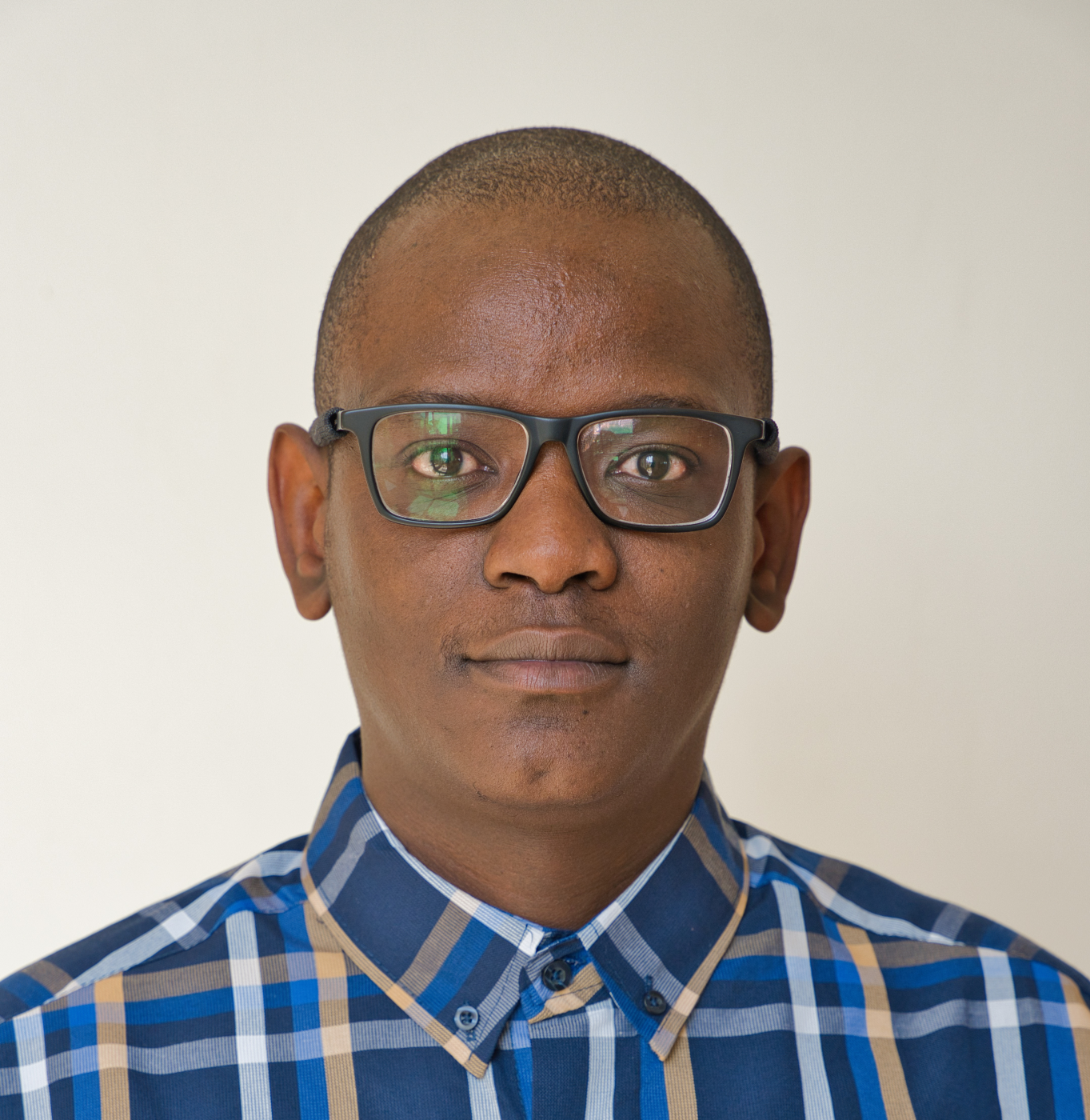Fellowship
Transcriptional heterogeneity of B cells and the impact on antibody responses in HIV
Despite the availability of effective anti-retroviral drugs and several HIV preventative methods, the prevalence of HIV remains very high, especially in Sub-Saharan Africa. This makes the development of a protective HIV vaccine a necessity. For the HIV vaccine to be effective, it will need to induce special antibodies that can block the majority of HIV viruses in the world. These antibodies are called broadly neutralising antibodies (bNabs). A few HIV-infected individuals develop such antibodies during the course of natural HIV infection. Understanding the circumstances under which bNabs develop in natural HIV infections gives us an opportunity to learn how they can be induced with vaccines. Indeed, several factors have been associated with the development of these antibodies in natural infections. But such factors still do not adequately explain why some people develop the desired antibodies. For instance, much less is known about the B cells that produce the antibodies in these individuals. Determining if the B cells that produce bNabs have special favourable features will guide the development of vaccination formulations that have a likelihood of inducing similar antibodies. Therefore in this study, Rasehlo and his team will use cutting edge technology, called single cell RNA-seq, to determine if B cells that produce bNabs have favourable features that can be recapitulated to induce similar antibodies upon vaccination.

